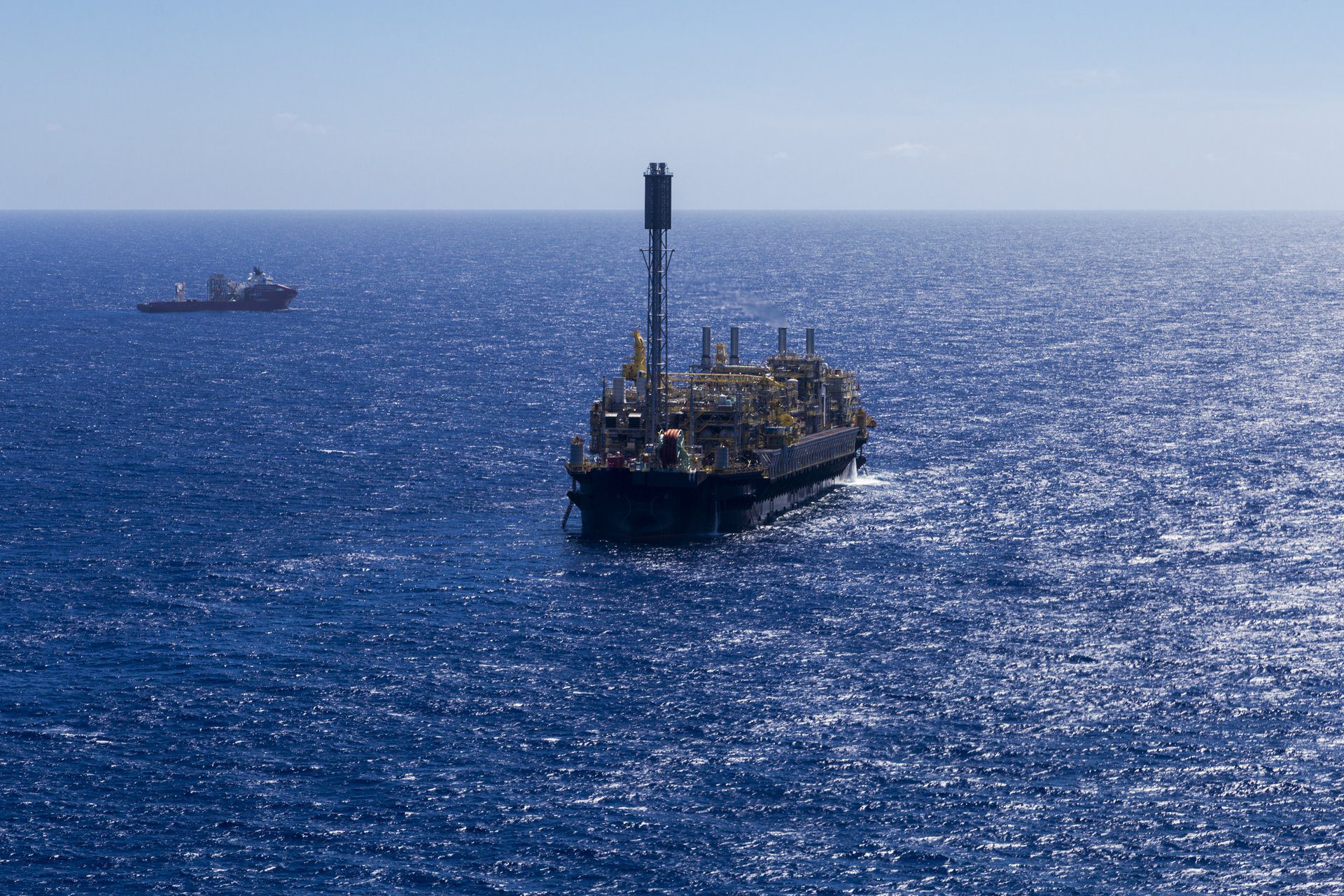Brazil’s state-owned Petrobras launched a tender for the supply of two new floating, production, storage, and offloading (FPSO) vessels for its shared Atapu and Sépia reservoirs.
Bids are expected in July next 2023, and Petrobras expects production to start in 2028.
The new units – P-84 (Atapu) and P-85 (Sépia) – will both have a production capacity of 225,000 barrels of oil per day (bpd) and a processing capacity of 10 million cubic metres of gas.
According to Petrobras, the vessel design, standardised between the two units, represents “a step in the technological evolution” for the reduction of greenhouse gas emissions. The design places emphasis on the introduction of the ‘All Electric’ concept in projects of this size, which consists of an engineering concept for more efficient power generation.
“The project allows a 30% reduction in the intensity of greenhouse gas emissions per barrel of oil equivalent produced,” the Brazilian state company added.
The reduction is due to the benefits of the All Electric configuration, optimisations in the processing plant for increased energy efficiency, and the incorporation of several technologies: zero routine venting (recovery of vented gases from the cargo tanks and processing plant), deep sea water harvesting, use of variable speed drives on pumps and compressors, cogeneration (waste heat recovery unit), zero routine flaring (recovery of gases from the flare – closed flare), and valves with requirements for low fugitive emissions and the capture, use, and geological storage of CO2 from the produced gas.
Petrobras as the operator holds a 65.7% share in the Atapu shared reservoir alongside Shell with 16.7%; TotalEnergies with 15%; Petrogal with 1.7%, and the Brazilian Government, represented by Pré-Sal Petróleo S.A. – PPSA with 0.9%.
For the Sépia shared reservoir, Petrobras holds a 55.3% share as operator; TotalEnergies with 16.9%; Petronas Petróleo Brasil Ltda. with 12.7%; QatarEnergy with 12.7%; Petrogal with 2.4%.
In both reservoirs, Pré-Sal Petróleo S.A. – PPSA acts as manager of the sharing contract.
Petrobras plans to place 18 FPSOs offshore Brazil in the next five years, according to its 2023-2027 Strategic Plan. Most of them are earmarked for pre-salt fields.
Petrobras also plans to drill 42 wells in the period 2023-2027, to add to its reserves, among the largest in the world.



